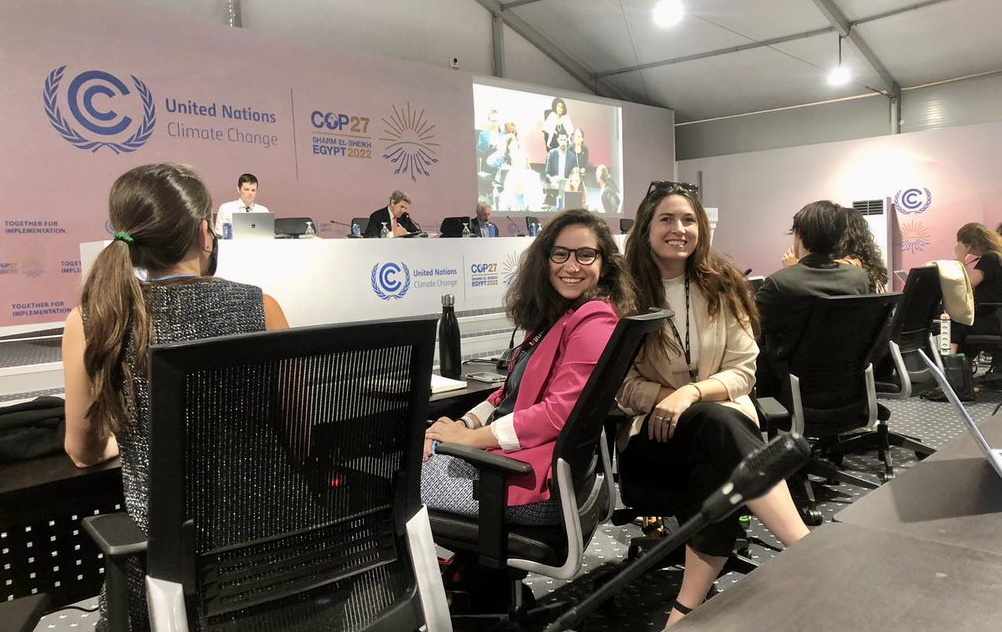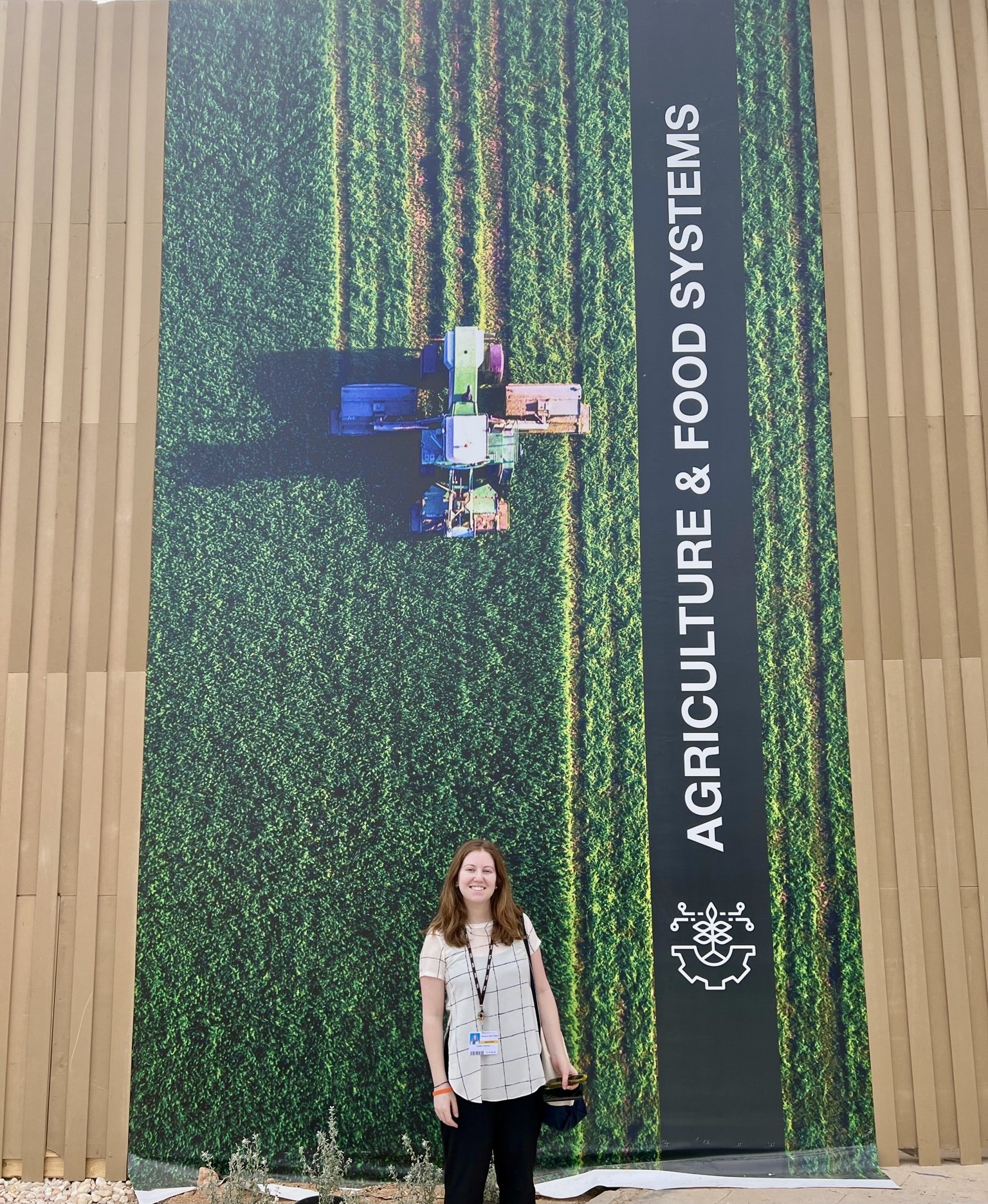COP27 was a whirlwind of negotiations, panels, side events, and conversations. Being able to actually sit in on some of the negotiations cemented the significance that each and every word has in the final text. The negotiations were extended and then concluded after I had returned to the U.S., and left some feeling of defeat. The failure to include a complete phaseout of fossil fuels and their subsidies signaled to some that the goal of limiting warming to 1.5 degrees is slipping out of reach.
Read MoreNestled between rugged mountains surrounded by sprawling desert and the Red Sea, the Egyptian city of Sharm El Sheikh hosted over 45,000 people from across the globe for COP27. In its 27th year, the Conference of the Parties (COP) of the United Nations Framework Convention on Climate Change (UNFCCC) has finally acknowledged the role agriculture and food systems play in contributing to climate change but also leveraging them as tools for mitigating and adapting to climate change.
Read MoreI had no frame of reference to anticipate what COP 27 would be like. The space, a maze of warehouses with hundreds of unique and buzzing pavilions, was hard enough to navigate. My attention was pulled in every direction by art, snatches of conversation, and the occasional famous face. I was thankful that to have been able to focus on one issue while I was there, sustainable food systems, but still found myself jogging between buildings to attend overlapping panels.
Read MoreNo matter how much information you have beforehand, I’m not sure it’s possible to entirely prepare for the experience of attending the COP. The scale of the event, with thousands of attendees, hundreds of events every day and seemingly infinite negotiations, is overwhelming, inspiring, and frustrating. It can feel like the many pavilions, side events and networking opportunities are a distraction from the real work of technical negotiations, to which many attendees aren’t even paying close attention.
Read MoreGabrielle Robertson discusses a recent project she completed where she worked with Igiugig, an Alaskan Native village, collecting information on the many risks of diesel dependence compared to a renewable energy transition. We interviewed village council members, policy experts, and state government employees, integrating qualitative analysis and economic policy analysis to create a report for the village council.
Read More




